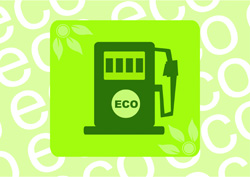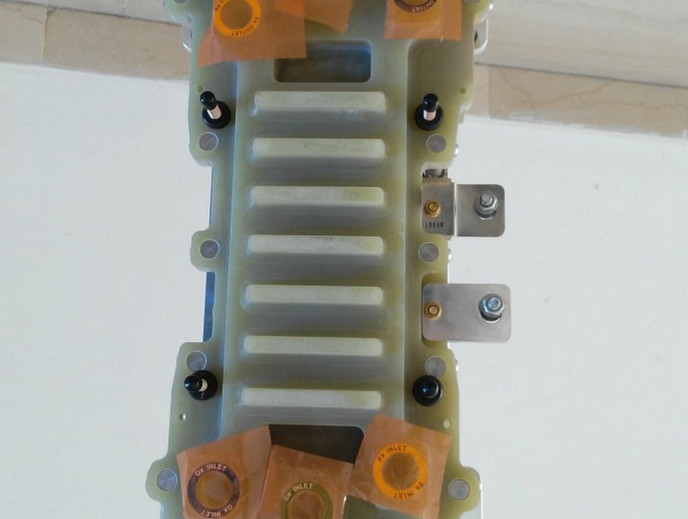Towards cleaner combustion of biofuels
Modern society is becoming aware of the environmental implications of fossil fuel use. As a result, alternative energy sources such as biomass are being explored. The main objective of the EU-funded ‘New burner technologies for low grade biofuels to supply clean energy for processes in biorefineries’ (BIO-PRO) project was to develop new combustion technologies for bio-residues. In particular, technologies like flameless oxidation (FLOX) and continuous air-staging (COSTAIR) were enhanced to construct a pilot burner for gas and liquid fuels and another for solid fuels. Project partners set up an upper carbon dioxide (CO2) emission limit of 30 mg/m3 and a reduction in nitric oxide (NO) emission by 50 %. As a first step, the drying and feeding of wet biomass and slurry in small scale heat plants was investigated. This aimed to find economic alternatives to dry fuels for small-scale heat generation. At the same time, a newly developed FLOX burner was developed for combustion of hot and tar-loaded gases of low calorific value (LCV). This system constituted an improvement in terms of burnout, operation and efficiency compared to its counterparts. Additionally, for the combustion of LCV gases an alternative burner was developed using COSTAIR technology with a BIOSWIRL gasifier. Furthermore, project partners developed an online heating value analyser for LCV gases in order to calculate pollutant emissions. This tool can be applied to fuel cells operating different types of gas, boilers and gas engines. The main BIO-PRO project achievement was the development of combustion technology capable of self-adjusting to different fuel qualities. These new burners could be used with all fuels and chemicals produced from biomass. Additionally, they could be integrated in power plants to ensure low-emission combustion. Overall, application of the proposed technology is expected to increase utilisation of biomass as an energy source in Europe and consequently reduction of CO2 emissions.







